The NSLC’s decision to pull American alcohol from its shelves means it has to warehouse almost 600,000 units of booze as part of the province’s response to the ongoing trade war with the United States.
As of March 6, between the more than 400 American products in stores and warehouses and orders in transit, there were 587,153 units of product that was property of the NSLC, according to documentation obtained by CBC News through a freedom of information request.
“That’s a lot of bottles!” Dave DiPersio, the NSLC’s senior vice-president of corporate affairs, wrote in an email to other company officials that same day.
The NSLC removed American booze from its shelves in early March after U.S. President Donald Trump imposed tariffs on Canadian goods. A previous plan from a month earlier to pull U.S. alcohol was paused after Trump initially did not go ahead with implementing tariffs.
The last order the NSLC placed for American alcohol was on Jan. 2, 2025.
How much is the booze worth?
The product being warehoused includes things that range in size from a 50-millilitre mini bottle of hard liquor to a three-litre bottle of wine.
The retail value was $14,896,652.
Citing security reasons, the NSLC declined to say where the American alcohol is being stored and wouldn’t allow CBC to view it.
None of the products pulled was cannabis as the NSLC doesn’t carry any American-grown cannabis.
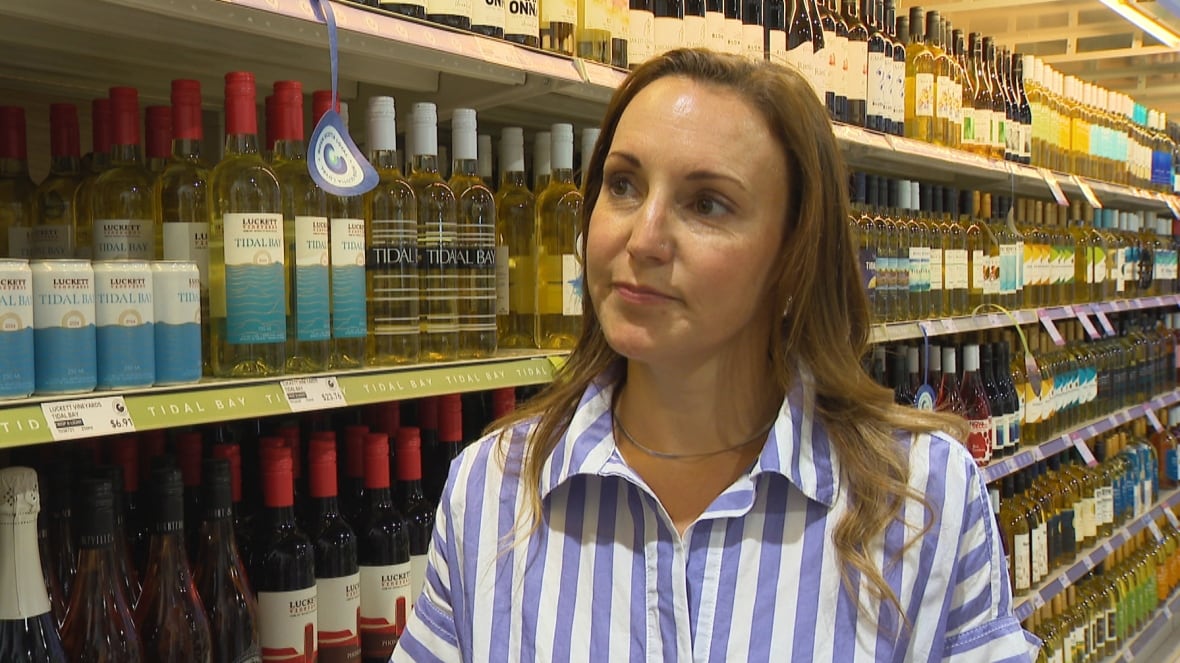
The documents reveal some surprising details about just what constitutes an American product.
“There are significant beer brands which customers may perceive as American (e.g. Bud, Bud Light & Coors) which are produced in Canada and are not included in the list of products that were removed,” a Feb. 3 company document prepared for the finance minister noted.
For example, the Oland Brewery on Halifax’s Agricola Street is part of the global beer company Anheuser-Busch InBev. Beers such as Budweiser and Bud Light are brewed there.
Where is Southern Comfort from?
And while Southern Comfort might conjure up visions of the Big Easy as it’s “The spirit of New Orleans” — according to its label — details like that had it initially categorized as American and thus removed from the shelves.
However, Southern Comfort is produced and bottled in Montreal, and is now back on the shelves.
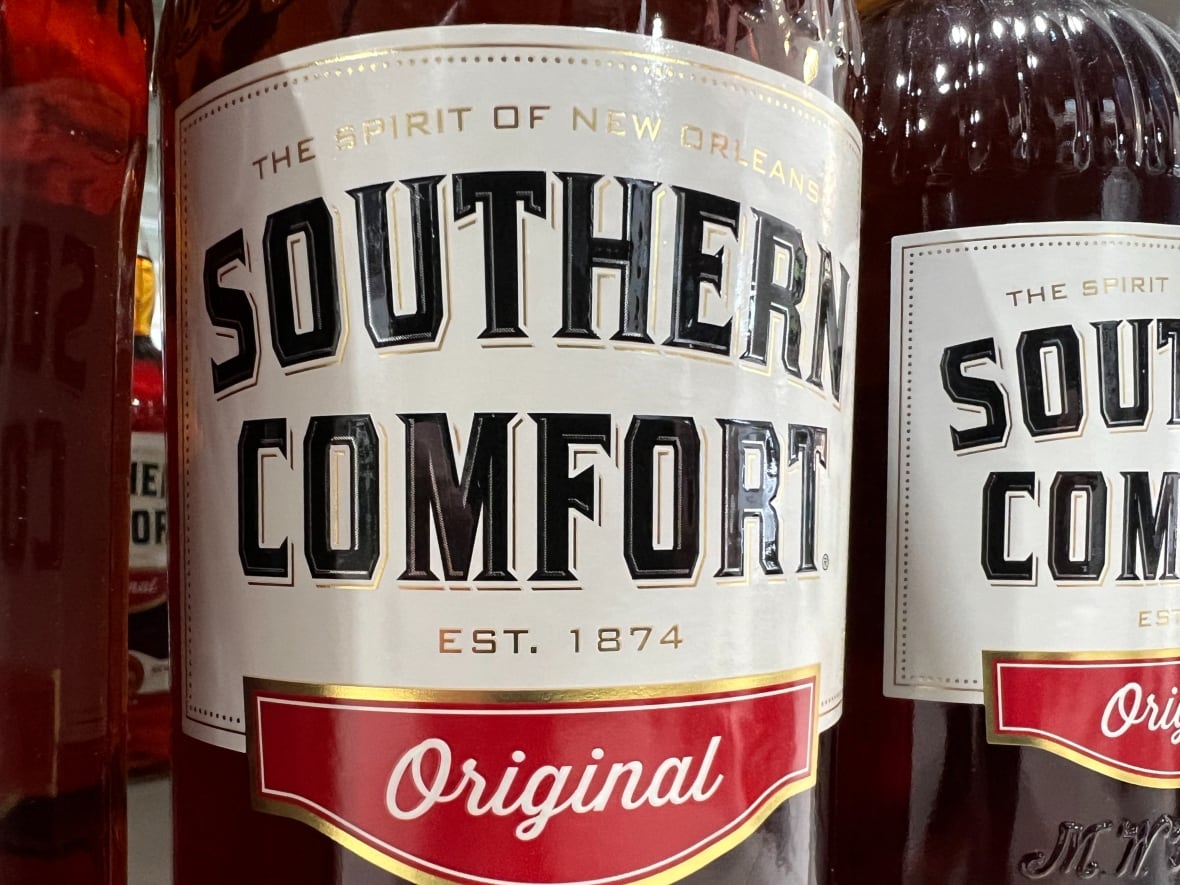
It was a similar story for Goldschläger, the cinnamon schnapps that includes gold flakes. It was also initially pulled off the shelves.
“Bottled by Sazerac Distilleries of Canada for Sazerac company. Louisville, KY, USA,” the back label of the product shows.
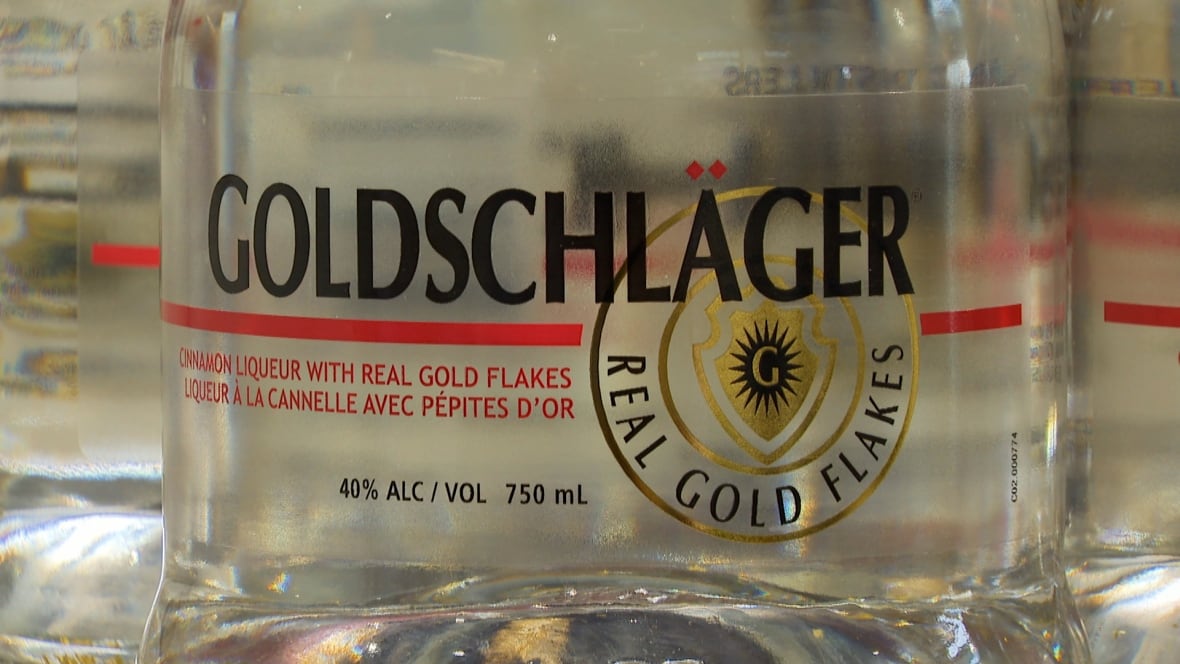
For rum manufacturer Bacardi, it didn’t want to be labelled as an American product “as our rums are a product of Puerto Rico,” the company’s regional director for Atlantic Canada wrote in a Feb. 26 email to some NSLC officials.
Puerto Rico is an unincorporated U.S. territory, so Bacardi’s products remain available for sale through the NSLC.
The removal of American booze isn’t the first time the NSLC has stopped selling a country’s products. In 2022, it removed Russian vodka because of the country’s invasion of Ukraine. That ban remains in place.
American sales
For the fiscal year from April 1, 2023, to March 31, 2024 — which would also be the most current fiscal year for which American products were available for the entire year — sales of U.S. products totalled roughly $18 million out of the $753 million in beverage alcohol sales.
Data provided by the NSLC shows that almost half of American sales were on products from California, mostly wine. Adding Kentucky and Tennessee into the mix, the three states accounted for around 85 per cent of sales.
As for how long the NSLC will keep American booze off its shelves, the company plans to do so until otherwise directed by the province.
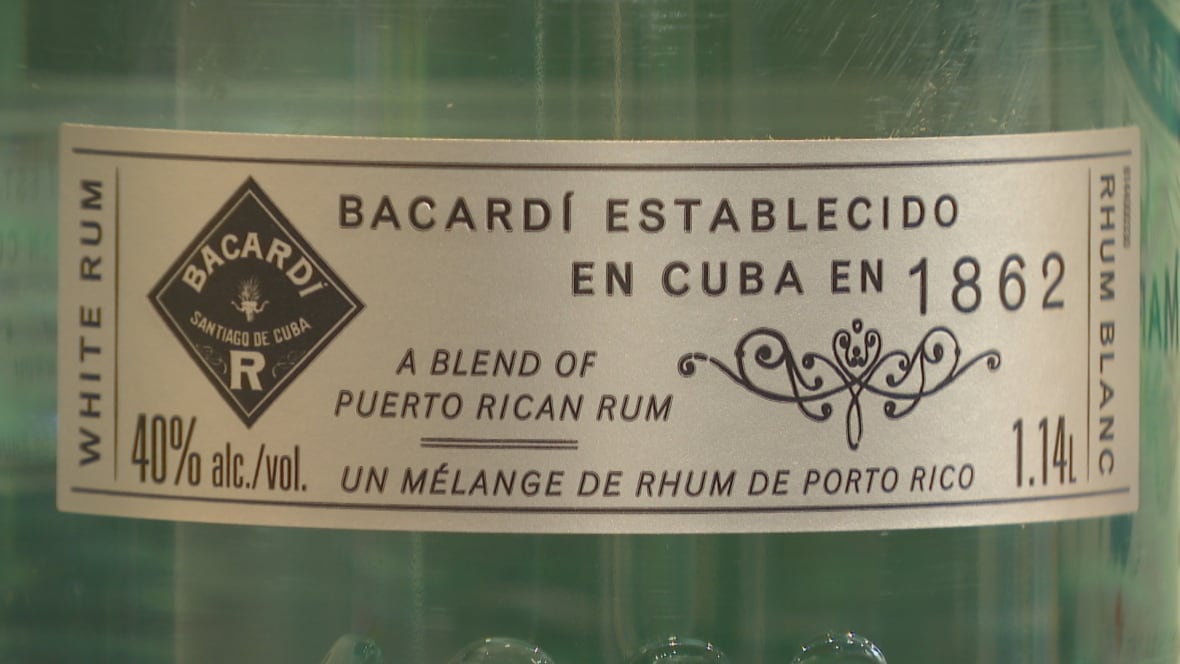
The decision to pull American products has been good news for Nova Scotian alcohol producers.
From March 4 to July 11, sales of Nova Scotia wine increased 14.5 per cent and Nova Scotia spirit products increased 26.7 per cent, compared to the same time last year.
Canadian wine sales were up 12.9 per cent, while Canadian whisky sales increased by 9.2 per cent during the same time period.
“I think overall shoppers have been responding and looking for more local products and Canadian products,” said NSLC spokesperson Terah McKinnon. “Overall, we do receive some questions [about American alcohol], but I think the numbers are showing in our sales to say they are exploring products closer to home.”
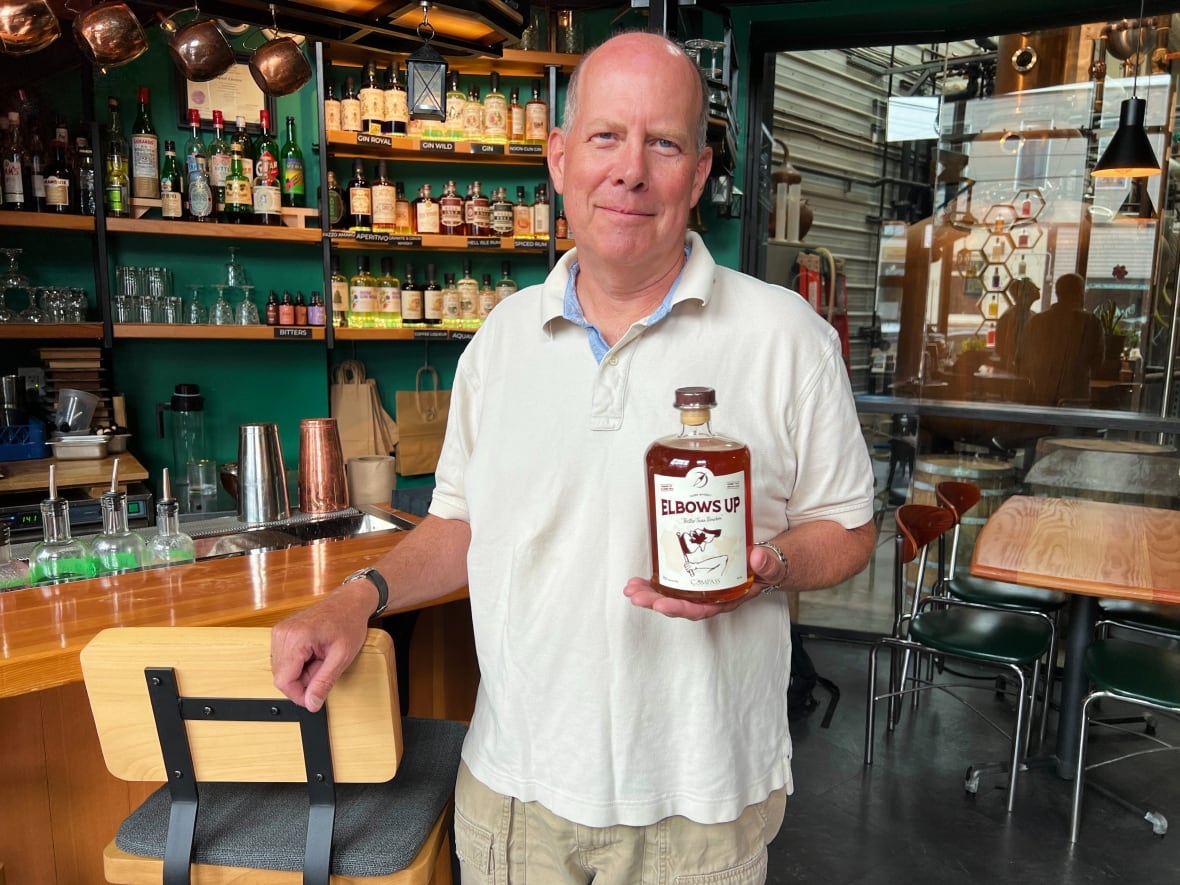
Compass Distillers makes a range of spirits including gin and rum, many sold through the NSLC. President Graham Collins said that while Compass products like gin haven’t seen an uptick in NSLC sales because most competitors are European-based, they’ve seen a bump in rum sales.
“The bigger difference from an NSLC perspective is simply that the NSLC and people in general are reminding us all that buying local, buying Canadian is a better strategy,” said Collins. “And so I think people are a little more focused in that respect.”
Compass distills alcohol from its home on Agricola Street, which also includes a bar. Collins said the company’s customer base has long prioritized buying local.
“I think the current political climate helps encourage that behaviour in a widespread manner,” he said.
Private wine and specialty stores
For people shopping at the private wine and specialty stores in the province, they’ll notice a lack of American products today.
Although private, these businesses must order products through the NSLC to get them on their shelves.
The lack of American products is a simple matter of logistics.
“The NSLC will no longer purchase U.S. products on your behalf,” the NSLC wrote in a document addressed to private wine and specialty stores.
The same order applies to bars and restaurants as well.
MORE TOP STORIES
www.cbc.ca (Article Sourced Website)
#lot #bottles #Uncorking #American #booze #pulled #NSLC #shelves #CBC #News
